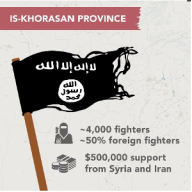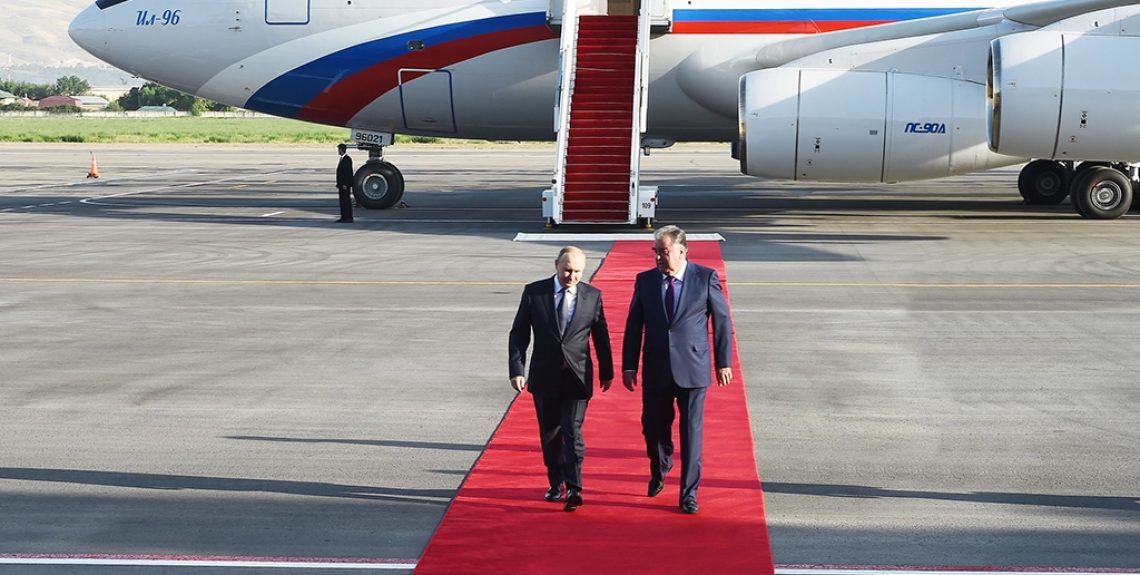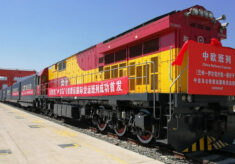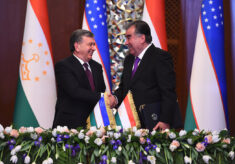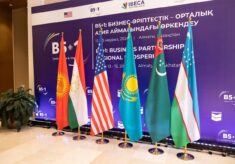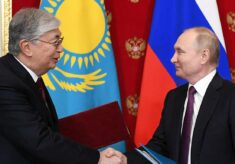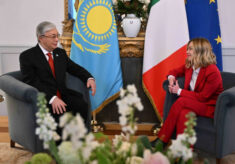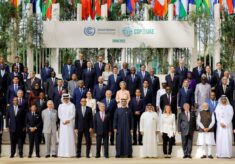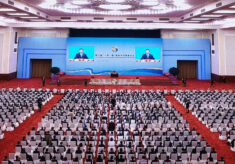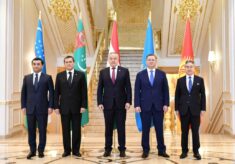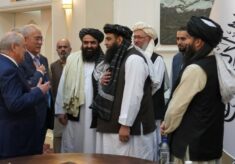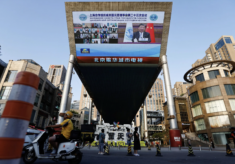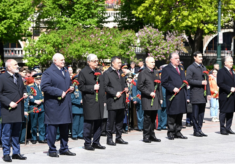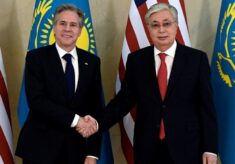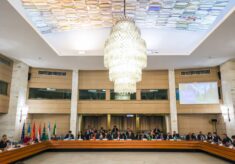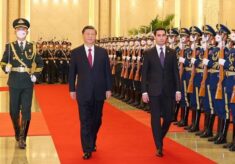Taliban’s return to power since 2021 represents a serious concern for Tajikistan, which distrusts on their ability to prevent the destabilizing threats posed by both the Islamic State Khorasan Province (ISKP) and the so-called “Tajik Taliban” along the shared border with Afghanistan:
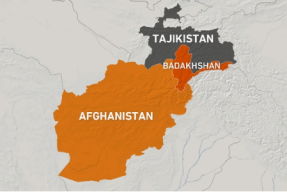
consequently, in order to boost domestic stability Tajik President Rahmon has involved other countries (China, Iran, United States) in the security cooperation – but preserving at the same time Russia’s role as main security provider in the region – with the purpose to obtain additional military assistance.
Unlike the other Central Asian republics, which have promoted an open approach based on dialogue with the Taliban, Tajikistan has tense relations with them, refusing to recognize the new and non-inclusive Taliban government because of the exclusion of ethnic Tajiks, which accounts for nearly 1/3 of the total Afghan population. Taliban also oppose to Tajik decision to provide sanctuary and support to the National Resistance Front (NRF).
